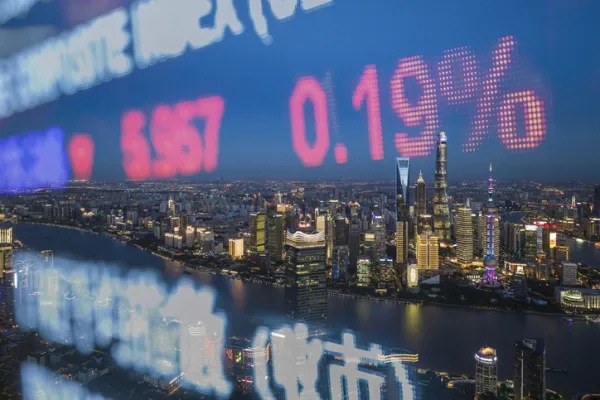Circle 2018 on your calendar. That is the year former SAC Capital Advisors founder Steven Cohen will be able to launch a new hedge fund with outside investors as a result of a settlement with the Securities and Exchange Commission, announced on Friday.
The regulator says it found that Cohen failed to supervise a former portfolio manager, Mathew Martoma, who engaged in insider trading. Under the deal, which many observers found shockingly lenient, Cohen is prohibited from serving in a supervisory role at a broker, dealer or investment adviser until 2018. The regulator also said Cohen’s family office, Point72, will be subject to SEC examinations. If Cohen then goes ahead and creates a registered broker, dealer, or investment adviser in 2018 or 2019, the firm must retain an independent consultant through 2019.
“Before Cohen can handle outside money again, an independent consultant will ensure there are legally sufficient policies, procedures, and supervision mechanisms in place to detect and deter any insider trading,” said Andrew Ceresney, director of the SEC’s Enforcement Division, in a statement. “The strong combination of a two-year supervisory bar and additional oversight requirements achieves significant and immediate investor protection and deterrence, while ensuring that the activities of his funds are closely monitored going forward.” Under the deal, Cohen neither admits nor denies the SEC’s finding. CNBC reported that Cohen’s family office was up 15.5 percent last year. The big question is whether Cohen will top Alpha’s annual Rich List ranking in 2019?
___
David Tepper’s Appaloosa Management is once again pressuring TerraForm Power, a subsidiary of renewable energy company SunEdison that holds a portfolio of wind and solar assets, to provide its books and records. Appaloosa, a Short Hills, New Jersey-based hedge fund firm, said it sent a new letter responding to the company’s December 31 letter objecting to Appaloosa’s initial demands to see its books and records.
In the latest communication, Appaloosa says the purpose of the revised demand is to enable the hedge fund firm to investigate potential wrongdoing by SunEdison and TerraForm’s board of directors in connection with TerraForm’s deal to acquire the Vivint Solar portfolio of residential rooftop solar systems under the planned merger of Vivint Solar with a subsidiary of SunEdison. This includes the proposed purchase of certain rooftop solar assets when the deal closes, as well as other provisions of the deal.
Appaloosa has been questioning the deal since the beginning of December. In an earlier letter, Tepper also called into question the arm’s length relationship between SunEdison and TerraForm. Under pressure from Appaloosa, TerraForm subsequently revised the terms of the deal that called for it to acquire the Vivint Solar portfolio. However, Appaloosa then demanded to inspect TerraForm’s books and records so it could “investigate breaches” of Delaware law and fiduciary duties by the board of directors and certain officers.
___
The HFRI Fund Weighted Composite Index posted a 0.85 percent loss in December. As a result, the index finished the year down 0.85 percent. This is the index’s fourth annual loss since 1990. Interestingly Chicago-based HFR, which operates the index, estimates that 55 percent of all hedge funds posted gains in 2015.
___
Julian Robertson Jr.’s Tiger Management and John Griffin’s Blue Ridge Capital are among a small group of investors who participated in the $60 million Series B financing for Exosome Diagnostics, which is creating a liquid biopsy platform that enables non-invasive diagnosis of serious diseases, according to a company announcement. Exosome said it plans to use the funds to support the growth of its commercial diagnostics, regulatory, and companion diagnostics divisions, as well as the development of potential new diagnostic tests outside of oncology.
___
Credit Suisse cut its price target on SunEdison from $25 to $19, citing “a set of rather complex and optically onerous transactions” announced by the company on Thursday. As we reported, the renewable energy company, whose stock sank 40 percent on Thursday, announced a major debt restructuring, including the raising of $725 million in second-lien secured-term loans and the issuance of common stock and warranties to buy stock.
Credit Suisse says it lowered its target to reflect per-share dilution. At the same time, the investment bank points out some positives, such as SunEdison’s reduction of debt and an increase in its “cash buffer,” among other factors. In fact, it raised its earnings estimates for 2016 and 2017. The stock closed Friday up 2.1 percent, at $3.41.
___
Don’t look for Dymon Asia Capital’s Danny Yong on this year’s Rich List. His Singapore-based Dymon Asia Macro fund lost 10.25 percent last year after dropping 2 percent in December. In 2014, he made $130 million, qualifying for the Rich List’s second team.






